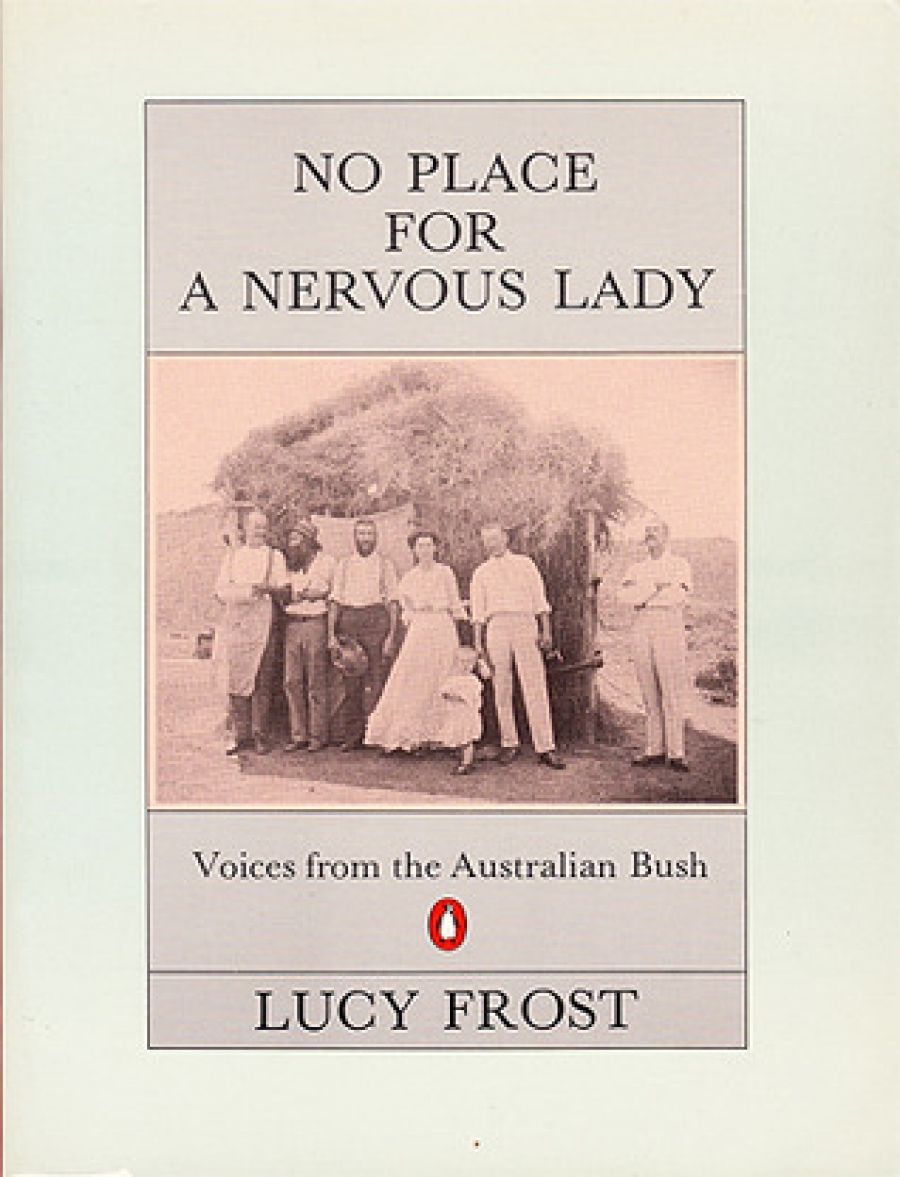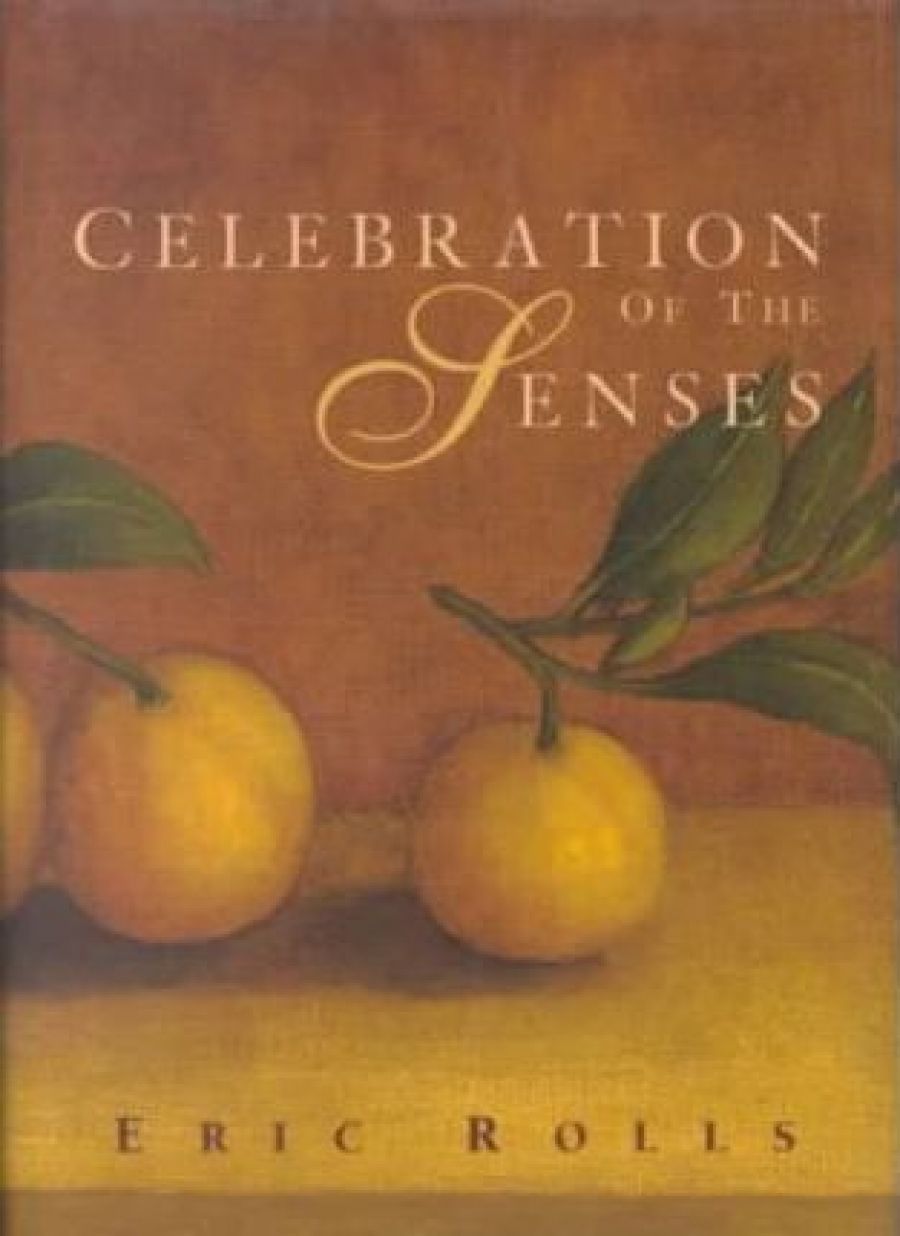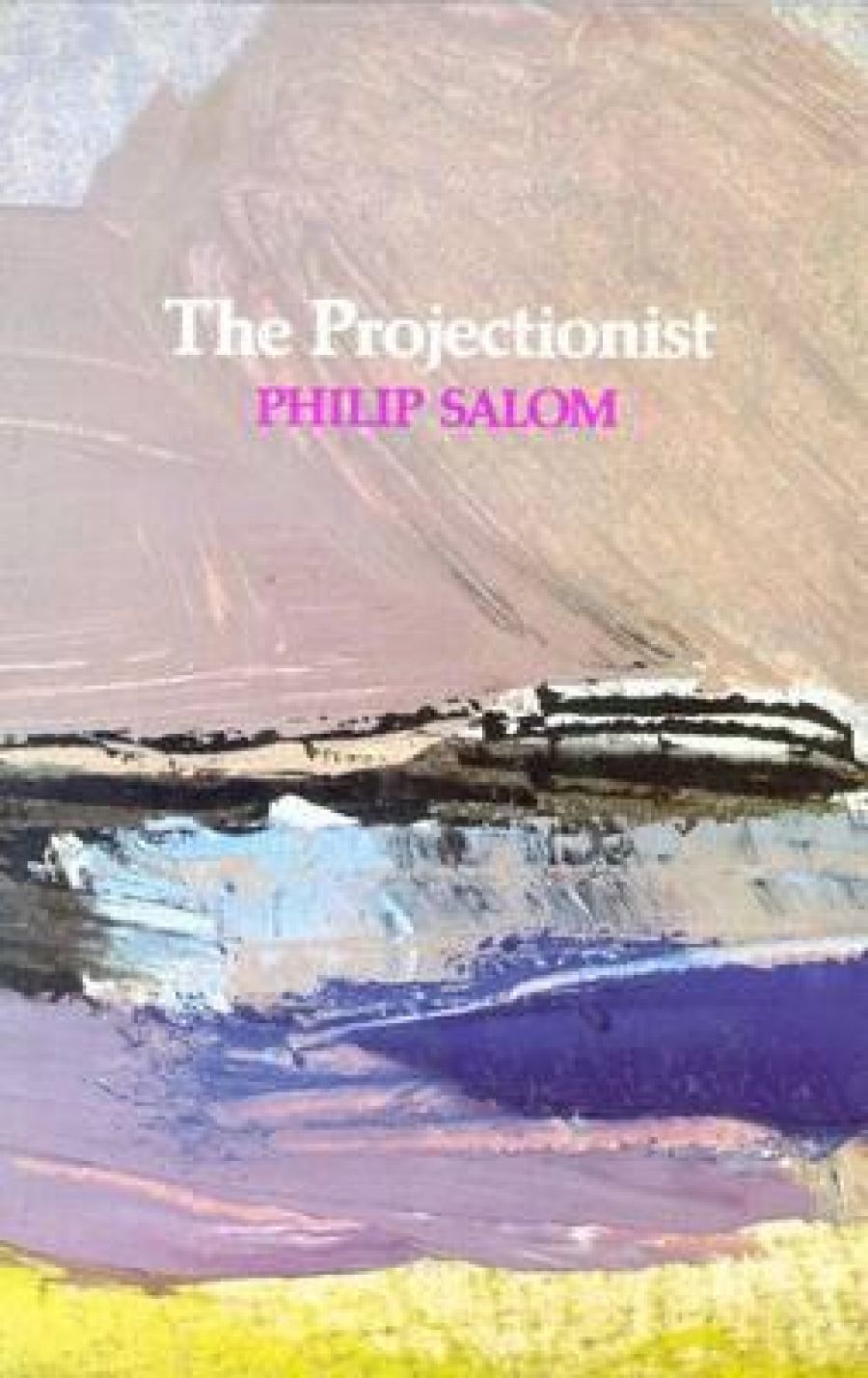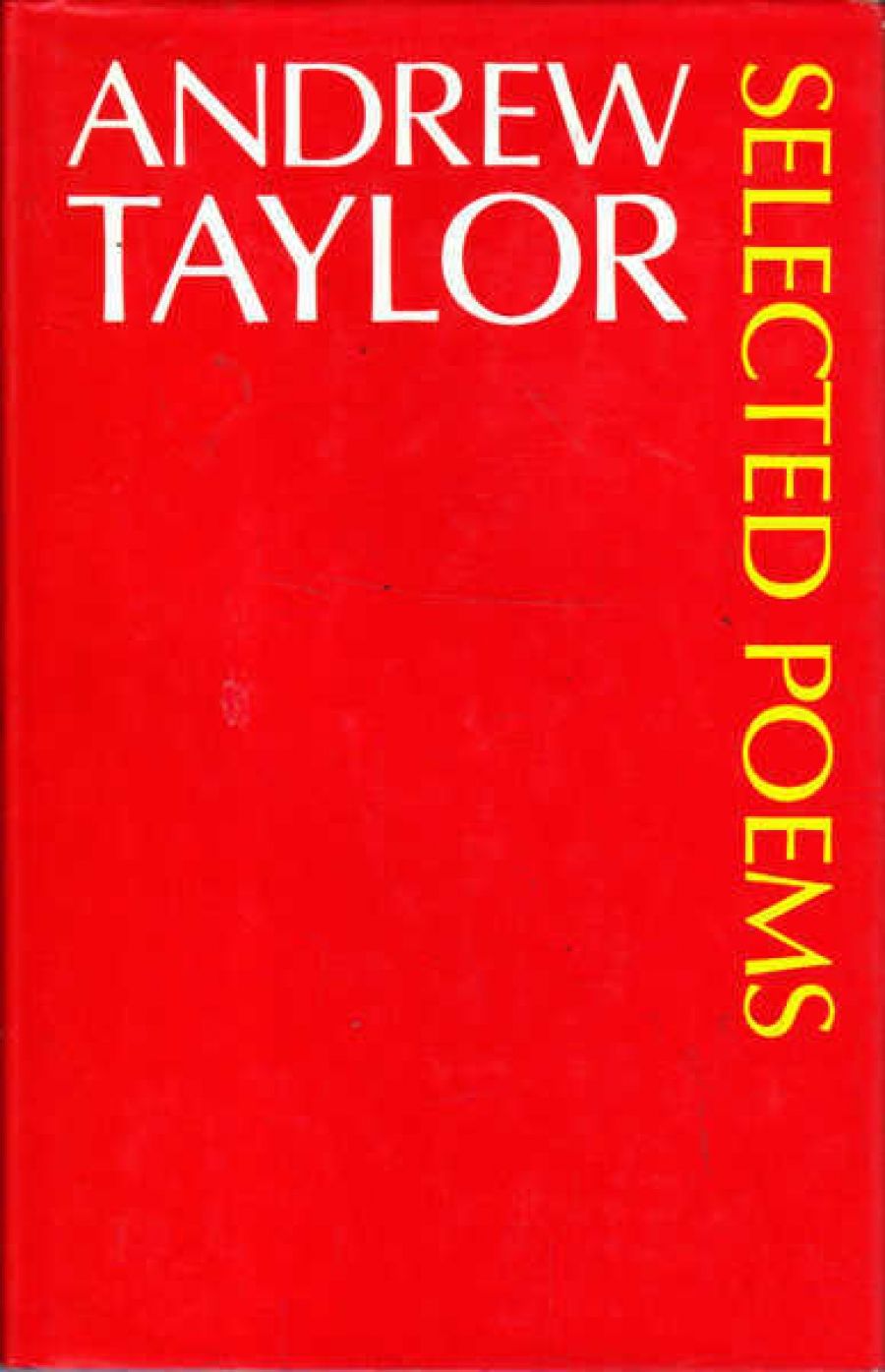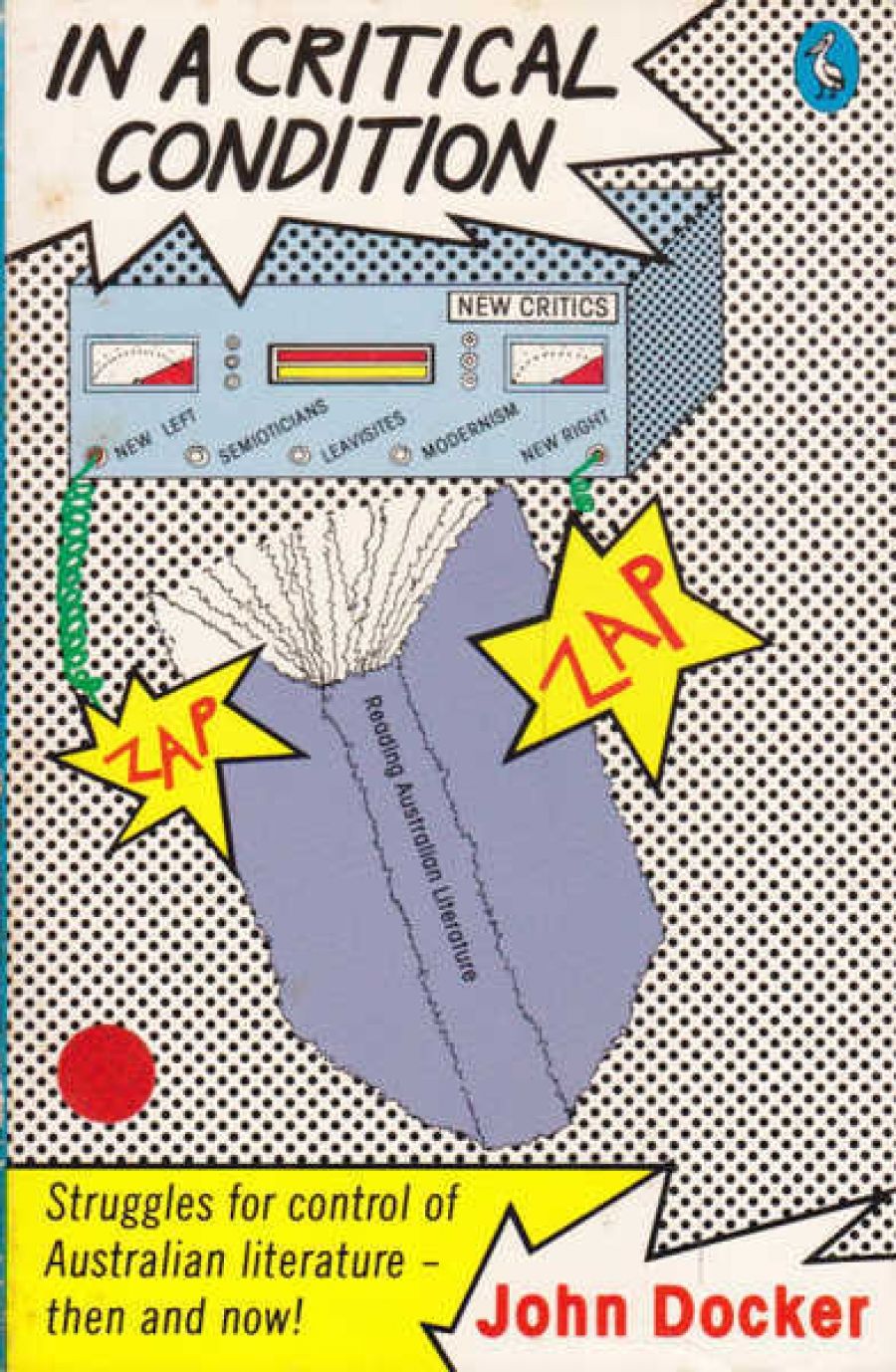Eric Rolls begins his Celebration of the Senses with an image of his wife’s left buttock shining through a split in an old blue sheet ‘like an early morning moon’. He ends the book with the smells of his semen and her cunt as the warm sheet is lifted and the day begins. He shares his delight in his partner (‘I will not name her. A name both exposes and confines her’) as he shares all the sensual pleasures that give him his being and inform his work.
Here is a partial portrait of a happy man – a man who has his priorities right and who sets out to share them simply because they are important to him and ‘I had finished one big book. I was about to begin another. So I wrote this as a holiday.’
It is a remarkably self-contained work – which at once contains its own justification and its own integrity. The book is so totally of its author that to put it through a critical filter seems rather absurd and counterproductive.
Criticise its form, which is by definition formless and the intangible shape of the senses rises to deny you. Criticise the language and the images themselves get in the way. Criticise what is being said and you are judging a life. That this is a good book by a good man is almost enough.
In order to write They All Ran Wild in the late 1960s, Eric Rolls changed from being ‘a poet and a farmer (I had no doubt in which order they came) to a full-time writer with a farm ... It took me twenty years to find what I could do: write non-fiction as intensely as a poem … Each page must be a seam of opal’. And so it nearly always is with Celebration of the Senses.
Rolls has arranged and selected images of his life according to the senses that respond to them. He moves randomly it seems on first reading between experiences – backwards and forwards, rather as he sorts his piles of papers on the double bed. It is only later that one realises how carefully the book is put together.
Like good talk, one thing leads to another: sweaty love-making in a country hotel is followed by a description of table salt – extracting it, crushing it, salting meat that has been killed so it will taste just right, to beautiful ritual feasting in New Guinea during the war. The births of his children in the 1950s, when fathers were kept away, and the lambing of his ewes assisted by those same children after school are all part of the process. ‘We did not take our children too earnestly. They were an accident of our lovemaking … they fitted into our lives … Our responsibility was to love life. And our children joined us.’ They shared in the killing of the meat for food, too, for which Rolls has precise words for a farmer's work.
Then I turn the knife, plunge it into the bone and draw it upwards. A pig's neck is thick, the blood vessels deep. It is a very quick movement but it seems to take minutes. Three centimetres are opened fifteen centimetres deep – no blood. Seven centimetres are open, ten, a hideous wound. All one can hear is squealing pig. The knife point touches the brisket. I lift it … The flow of blood, the squeals stop together. Pig is meat.
And as meat for the table it is lovingly prepared. The book is full of tastes and smells of food and drink, described lusciously and unpretentiously.
Sitting on a stump in an abandoned New Guinea garden during the war, Rolls quarters with a bayonet a pawpaw and finds it scented with New Guinea, not Australia. He recalls stockmen frying the testicles of bull calves over an open fire in the Northern Territory, and himself as a child roasting Granny Smith apples on a wire in the fireplace, then eating them buttered and sprinkled with sugar and cinnamon. He describes driving long distances in the right months to places he knows will yield the best oysters, asparagus, avocadoes, coffee. ‘Coffee out of someone else's mug tastes the wrong shape.’
Everything is lovingly prepared in the shabby old house which lets in the rain. Wines are opened with a wooden corkscrew given him by the poet John Thompson in 1949, and then are poured into two favourite crystal decanting jars which he knows bring out the best in them. A long Turkish meal in Brunswick with belly dancer accompaniment is memorable for ‘the few drops of glycerine in the rice. It fitted the oils of the salads and grains, the tang of the meats. We ate exceedingly well. But even better, while we ate a careless gaiety slowly absorbed us. We drove home laughing.’
There is much laughter in the book – during the noisy lovemaking on a rug in the sun by an outback road, during a daughter's wedding with friends at home. Voices, too: at markets, crackling over the wireless in the early thirties, American voices in New Guinea. Words and phrases please him and feed his work. The best combinations of them sing in his head sometimes for years until the time is right to put them down in their place.
Rolls describes a week of selling and promoting A Million Wild Acres – draining, difficult work, but he's with a woman he enjoys working and being with – he pays tribute to her skills and friendship. There is a sane recognition of the process of creating an audience that echoes his earlier description of watching a little granddaughter learn to roll over one morning, and doing it again and again for an audience. ‘I like an audience, too, little girl for my words.’
Because everything in the book reverberates for Rolls, he uses precious words to make them reverberate for us. Different birdcalls wake him in the night at different times of the year. Tree sounds enter the house across wide verandahs. His descriptions of fishing are the best I've read –for the sweet River Blackfish and for Murray Cod in the moonlight, shadowed by a tree on the bank so you thrill with him to the different messages coming through his fingers on the line. Celebration of the Senses is erotic writing of the finest kind. His descriptions of his partner's body and their lovemaking are gloriously sensual, totally frank yet somehow still deeply private. Sex is often funny and it is always there.
Even now, when I am away alone on research, sex interrupts me as it interrupted my schooldays … After a few days on one's own whiskers grow more quickly. Then the skin on one's chest becomes sensitive. Where the shirt touches it, it teases. One smells stronger and wonders if it can be noticed. Does one advertise one is in a rut? After a month one opens a book in the library and all one can see is cunt. It covers the page. One has to part the lips to read behind them … After six weeks I see everything through a red mist. It is clearly time to go home.
Rolls cannot take sex casually. It is central to his life and work. ‘Without my balls I would have less brains.’ It is rare for people to write like this of themselves. Fiction and poetry allow us to explore the overlap between our public and private selves. But in biography and autobiography things still happen behind closed doors. The man entering the study or the street or the war room is not the same man who was happy or unhappy in the night, there with his lover or his children or himself. Rolls has extended the boundaries – and you feel you know him very well.
But this isn't a full portrait of a man and his life. Rolls didn’t intend it to be. Forget what you know about him from his other works – and it's as if he has invented himself through his skin. Perhaps it all began in New Guinea, which made getting a farm possible. Perhaps it began when he found the perfect partner for himself who shared his love of life. Perhaps it was simply the result of years and years of selecting the best possible ingredients for the way they lived and worked.
There is nothing in this book about where Eric Rolls comes from or how he got to be as he is. There is nothing about what he thinks of a god or death or race or poverty or politics. Yet by celebrating so much of his sensual self so well, the rest somehow falls into place. I suspect that Rolls, in his wisdom, is showing us how the enjoyment of our senses – or their denial – shapes the world we inhabit and ourselves.
